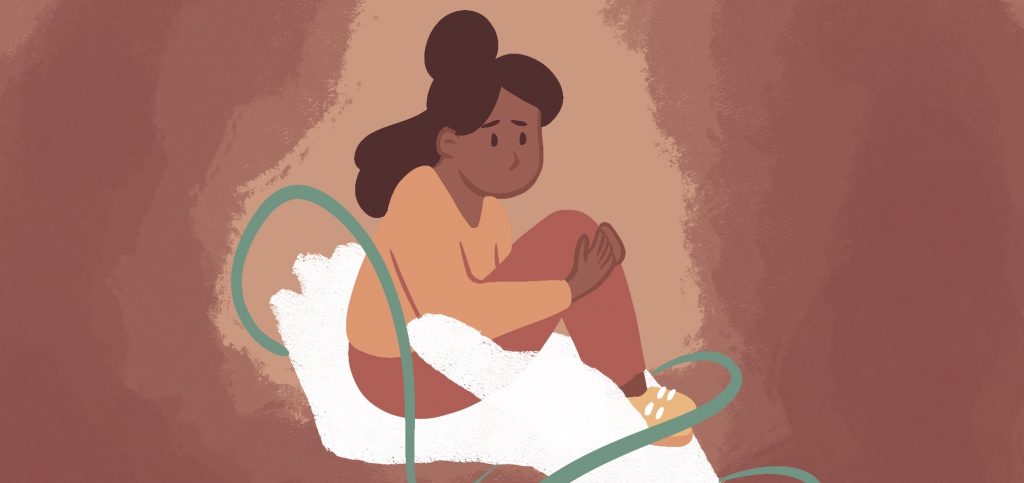
There is a process for any organisation to achieving cultural safety.
Cultural Awareness
This is the first step in beginning to understand that difference is present. It involves checking in with ourselves, including privileges, biases, and any potential power imbalances between us and the other person, whether that is with a colleague, client/patient or service user. We do this before the interaction begins.
Many people undertake workshops and courses which sensitises them to formal ritual and practice rather than the social, political, emotional and economic context in which people exist.
Cultural Sensitivity
This process supports us to explore our own power and life experiences and realities and the impact this might have on others. Essentially, it is knowing what our own culture is. However, what can feel often difficult is not only knowing our own culture but how this influences the way we think, feel and behave. The relationship we have with ourselves is important, to be able to safely reflect, explore, learn and develop to enable us to do this work and have nurturing interactions with others.
Cultural Safety
An important part of cultural safety is that it doesn’t ask others to focus on the cultural aspects of any culture other than their own. It requires us to be open minded and flexible in our attitudes and beliefs towards people from cultures other than our own.
We live and work in increasingly multicultural environments, so the importance of being cultural safe in what we do is crucial if we are committed to not harming others.
Explore our Tools section to support any feelings that might arise to help you engage in this work.